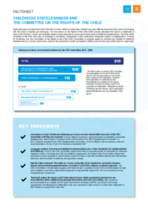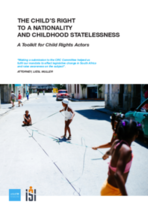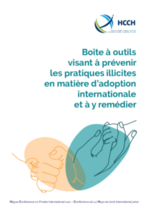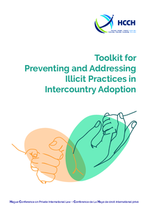Why are Identity Rights Important from a Non-Legal Perspective?
Dainius Puras, UN Special Rapporteur on the right to physical and mental health (2014 to 2020) and CHIP Special Advisor, discusses the importance of identity rights from a non-legal perspective.




